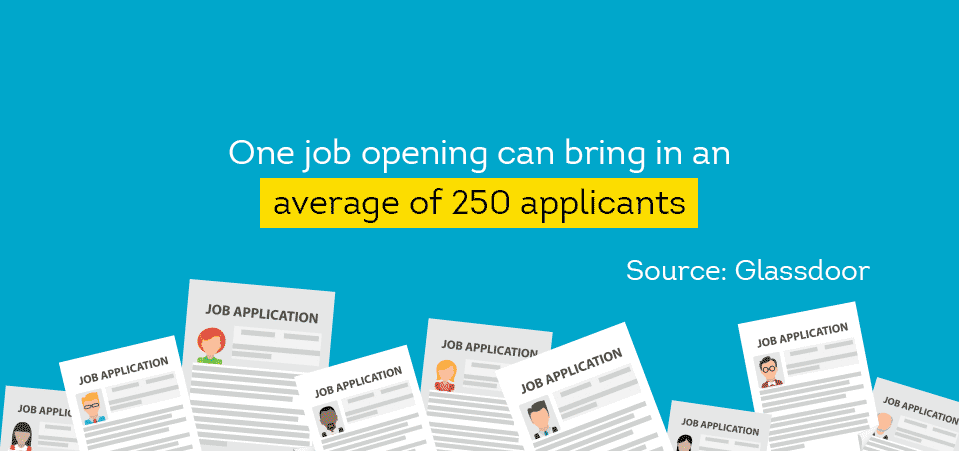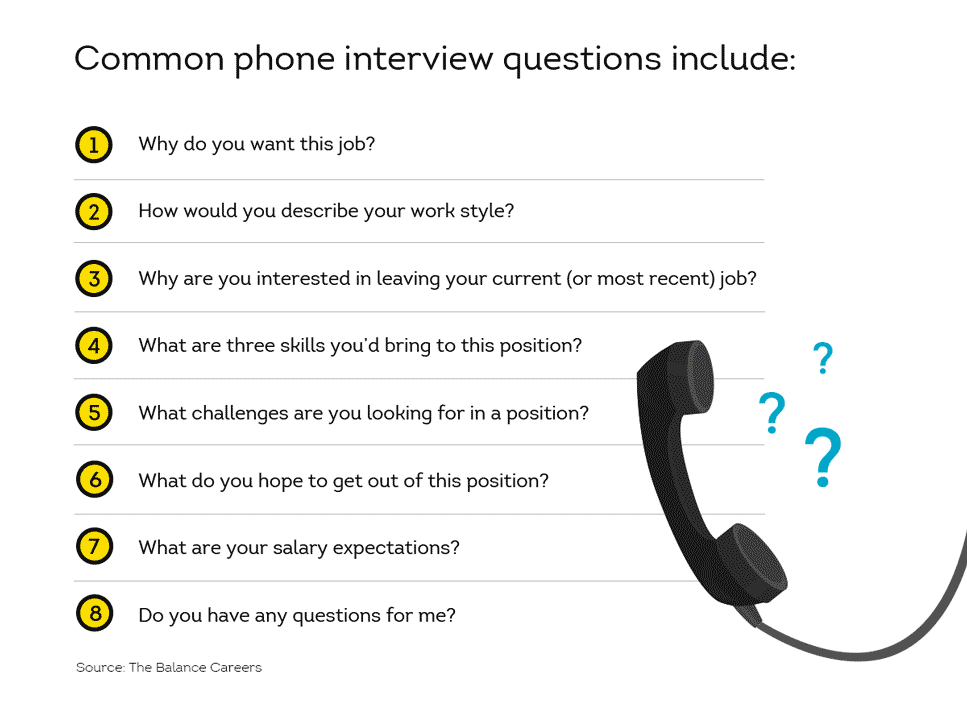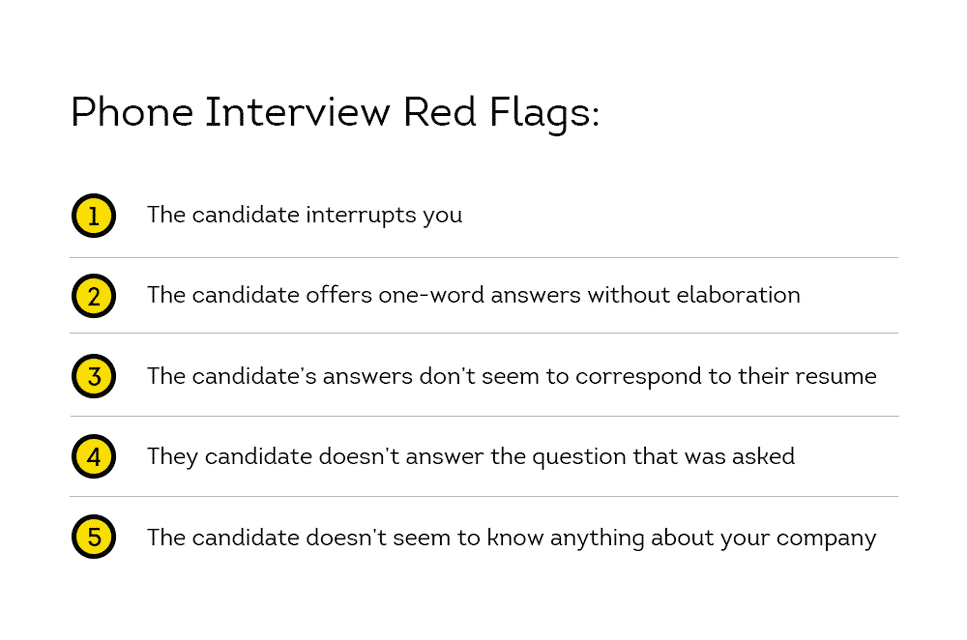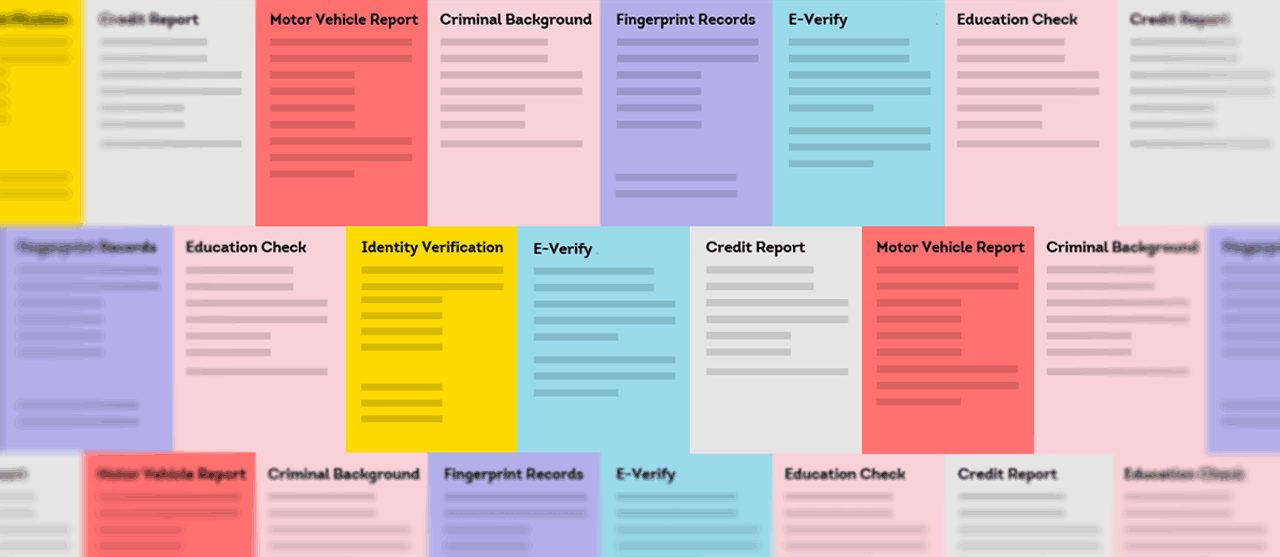If you’re one of the many employers feeling overwhelmed by the interviewing process, then it may be time to consider streamlining your hiring process by incorporating phone interviews. As a small business owner, you know that getting the right people on your team is vital to your success. And, you also know that interviewing candidates is a must to figure out if a candidate is going to be your next superstar. While you are excellent at running your company, you may not be as skilled at interviewing and making consistently great decisions about what personnel to bring on board your team. It is tough work and serious business when it comes to making great hires.
Plus, going through the interviewing and hiring process with prospective employees can be as hard for you as it is for your candidates. According to Glassdoor, each job opening brings in an average of 250 applicants, and it takes over 50 days to hire for a new position. Clearly, the overall hiring process can be incredibly time-consuming and may lead to a lot of dead ends if not done correctly.

In this article, ShareAble for Hires reveals actionable solutions to conduct phone interviews to hire efficiently, so you can keep your business thriving and running smoothly. Learn more about phone interview tips below:
Why Schedule Phone Interviews?
Have you ever interviewed a candidate who appeared to be the perfect fit for the position on paper, only to realize five minutes into the conversation that they’re just not meeting your expectations? It’s an uncomfortable situation for everyone. Not only can it make the conversation awkward, but it can also be a huge waste of time for both parties – and time is something that a small business owner doesn’t have a lot of in general.
It is possible to avoid an interview situation when you quickly determine that the candidate isn’t a fit by conducting a brief call with the candidate ahead of time. Phone interviews can help to better qualify candidates before inviting them into the office for a face-to-face interview. And, phone interviews can be done in the comfort of your office and require much less time than a formal meeting.
Benefits of a phone interview:
- Determine if the applicant understands the job
- Find out if the applicant meets basic requirements outlined in the job description
- Get clarity on the applicant’s prior experience, skill level and education
- Uncover if the applicant is aligned on salary that is being offered
- Understand applicant career growth aspirations and if they are aligned with the role
The initial phone interaction with the candidate allows you to glean valuable insights. In a short amount of time, you’ll come away with a more comprehensive understanding of your candidate’s past experience, salary expectations, career goals, and what they want from their next job. Plus the candidate can ask questions to better determine if this role is a fit for them.
With just a brief phone call, you can begin to weed out unqualified candidates before bringing them into the office. You can ask pointed questions that will uncover important information that can very likely save valuable in-house production time. But, what questions will be the most effective to deliver the insights that you need? Read on.
Common Phone Interview Questions for Employers
A phone interview is a low-pressure opportunity for both parties to get acquainted.
This is a good opportunity to walk through their resume, discuss their experiences, understand their work style, and discover what it is they are looking for in their next job. Asking these questions now will not only give you a better picture of the candidate’s background and experience, but also can give you the opportunity to ask more specific and tactical questions before you choose to bring the candidate into the office.
The Balance Careers provides a great list of potential phone interview questions.

Red Flags to Watch Out for During a Phone Interview
Adding the right member to your team is critical. This is especially true for small businesses that likely have a tight-knit staff. Not only can the wrong hire disturb a delicate work environment, but they also can negatively affect your business success. According to a recent CareerBuilder survey, almost 27 percent of U.S. employers said that just one bad hire has cost their company more than $50,000.
If you are the hiring manager, then you have the obligation to select someone who is both a good asset to your company and a good cultural fit for your team. If you’re feeling overwhelmed by the stress of selecting the “right” person, then you can key in on a few red flags from GlassDoor, highlighted below. Though they may seem like small flaws or inconsistencies, these red flags may be representative of a larger issue.

- The candidate badmouths their former employers. A candidate who repeatedly badmouths their former employers might not be the right choice. Always remember, you’re looking for a team member who can work well with others, take advice, handle constructive feedback, and attack problems with an open mind.
- The candidate provides vague descriptions of their accomplishments. An interview is your candidate’s opportunity to showcase their knowledge, experience, and personality. They should demonstrate to you how they can be an essential asset to your team. On your end, make sure your questions are inviting to more detail. Avoid asking questions where a simple “yes” or “no” are likely responses. Be deliberate to ask questions that get insight into measurable accomplishments.
- The candidate can’t answer your questions or do so clearly. A candidate should be able to concisely answer your question, articulate the main idea, and provide further detail when prompted. Inability to address the question and hesitancy to answer could mean that the candidate isn’t qualified for the job or will have difficulty communicating in general.
- The candidate’s career goals don’t align with the company. Do the candidate’s future goals match up with what your company offers? If their desired career path doesn’t correspond with growth opportunities available in your company, then they might not be a good long-term match for your team. It’s important to be transparent with candidates about a career trajectory. The last thing you want is to do is re-fill the position because the employee becomes quickly dissatisfied with the kinds of promotional opportunities and career mobility that are available.
- The candidate doesn’t seem to know anything about your company. A candidate doesn’t necessarily need to know the specific year your business was founded or the CEO’s first name, but a qualified applicant should have spent time researching your company. Do they have a basic understanding of your product or service? Did they visit your website? Having some understanding of your company and industry is a signal that they are truly interested in your role and passionate about becoming a member of your company. It’s pretty simple: if a candidate is passionate about a position with your company, they’ll know about it.
Questions to Ask Yourself after the Phone Interview
Once the phone interview is complete, take some time to gather your thoughts. Chances are you’re going to be conducting a handful of phone interviews, and it’s easy to get candidate’s answers mixed up.
Pro-tip: Have a pen and notebook handy and take detailed notes about each candidate during the phone interview, this will help if you need to refer back to them later.
Some questions to ask yourself:
- Did the candidate do their homework? Did the candidate research your company, competitors, industry, and other relevant information before the interview? Did they sound like they’ve thoroughly considered this position with your company? Did they understand the basics of your business?
- Did the candidate show a sincere interest in your company? Did the candidate express enthusiasm about the role? Was the candidate excited about the team, company culture or career growth opportunities? If you’re looking for a long-term employee, it’s important that your candidate is just as passionate about your company as you are
- Did the candidate check all the critical pre-screening boxes? Does the candidate have the requisite skills and experience? Do they have a college degree? Are they able to work full-time?
Tips for Conducting a Phone Interview
We all know time is a precious resource, especially for small business owners. Therefore, a well-executed phone interview plan can help to prevent you from wasting your time altogether.

Consider these tips to help ensure that time is well-spent for both you and your candidate.
- Determine the characteristics of your ideal candidate ahead of time. Be clear on the necessary few attributes that your desired candidate should possess, and keep a list of employee qualities in mind while interviewing. If you decide to deviate from your criteria of “must-haves”, then be sure that the candidate possesses other valued strengths. Having a few pre-planned expectations can help you to shape the interview and can also give you something to compare your candidate against to determine if they’re a good fit for your company.
- Be flexible when scheduling. This is especially important if your candidate is currently employed with another company. It may be difficult for them to carve out a chunk of time during their workday without jeopardizing their current position. Try to be flexible and accommodate the candidate needs. For example, the call may need to be arranged in the early morning or during the evening.
- Focus on the essentials to keep the call short and constructive. You never know what else is going on in your candidate’s life, and while you may have a free afternoon, they may be taking this call on their lunch break. Respect your candidate by focusing on the critical stuff and sticking to the time you’ve cut-out for the interview. Similarly, a candidate should be respectful of your time as well.
- Be clear about the next steps. When the call has come to an end, you should thank the candidate for their time and the conversation. No one wants to be left hanging in interview limbo, so it may be helpful to give your candidate a brief run-down of the next steps in the screening process. Communicate when they should expect to hear back from you and what else needs to happen before they come in for a face-to-face interview, like another phone call. Be sure to follow through with what you’ve communicated, as you are part of the face of the company and contribute to the well-being of its hard-earned reputation.
Conclusion
While an applicant’s resume is important in terms of learning more about their background and experience, it is merely a starting point of an effective screening policy. Conducting a thoughtful phone interview prior to inviting an applicant for a face-to-face conversation can deliver many benefits. Armed with a good list of questions, a small business owner could uncover a great deal of information about the applicant in a short amount of time. Within 10 to 15 minutes, you will likely have a much better sense of whether the applicant is worth pursuing further for the role.
Remember, while phone interviews are a valuable step in the interview process, they are not the final step. Phone interviews are just one part of the employment screening process—along with reviewing resumes conducting in person interviews and performing a pre-employment background check.
As a small business owner, it’s crucial to do your due diligence and conduct a thorough pre-employment screening on any serious candidates before offering a position. ShareAble for Hires offers background checks, credit checks and identity verification reports that can be delivered in a matter of minutes so you can fast-track your hire and make a more informed decision.




